Career Tools
Tips and resources for job seekers

It is important that your social media profiles are ready for employers to see. It’s time to start getting your social profiles in order. Why do this before you update your CV? Social profiles provide a point of verification Being able to be found means that opportunities will start to find you Having a personal brand will impact the type of opportunities you will be considered for People within your network see your updates and might consider you When we talk about getting your social profiles in order, in Australia, LinkedIn is the major platform that you need to give serious consideration. Virtually every major accounting firm and recruiter are actively using LinkedIn to identify and approach accountants with potential job opportunities. Potential employers (and clients) will also use your LinkedIn profile as a point of verification and proof of your background and experience. Everyone knows someone and the Australian Accounting and Finance Market is small compared to other countries. Here’s what you need to do to be found: 1. Before you do anything, check your LinkedIn privacy settings, as you might choose to not broadcast to everyone initially that you are updating your profile – https://www.linkedin. com/psettings/privacy. Within this section you have the option of notifying recruiters that you are open to opportunities. 2. Join the Australian Accounting LinkedIn groups, there are many. 3. Get your personal LinkedIn profile 100% complete – this makes you 40x more likely to appear in searches. Appearing in more searches means more employers and recruitment agencies getting in touch with relevant opportunities. 4. Get a professional headshot to add to your profile. Something modern and professional with yourself the only person in the photo. 5. Ensure your contact details for your LinkedIn profile are up to date so that you are easy to find. Make sure you have your personal email address! 6. Update your headline to something “action based” 7. Get your custom LinkedIn profile URL (eg https:// www.linkedin.com/in/johnsmith/) – it looks better on your resume AND helps your profile appear as the first search result in Google the instructions, LinkedIn has great resources. 8. Consider relevant accounting and finance keywords that you want to appear and then ensure they appear multiple times throughout your profile. 9. If you are genuinely committed to changing roles, consider a LinkedIn Job Seeker account which gives you InMail to approach potential employers, and gives you a higher visibility when you apply for new roles. 10. Get recommendations and endorsements on your profile – this helps you be found and also provides and unofficial reference/testimonial. 11. Connect with peers, industry leaders, relevant LinkedIn groups, and prospective employers’ LinkedIn Company Pages. 12. Draft and post 2-3 blog articles that display your strengths and interests positively. 13. Google search yourself to double check what is appearing when people are looking for you. 14. Check your privacy settings on Facebook and ensure that you aren’t sharing (or being tagged in) posts that don’t display you in a professional manner. Also check the photos that you have posted on Instagram and consider making your profile private while you are applying for new jobs. 15. Consider investing in a service such as Brand Yourself which is an online reputation management service that can help you clean up your social media presence and fix unwanted posts. Google ( https://brandyourself.com/ ). For further details check out our 8 ways to build your personal brand with LinkedIn article. https://www.newbreedmarketing.com/blog/build-your-personal-brand-on-linkedin

You need to ensure that you have been keeping up with all your CPD requirements, and also there are many additional courses and qualifications. Once you have completed all of the relevant courses and qualifications, be sure to update both your resume and your LinkedIn profile with completed certifications as this can help you stand out. Relevant qualifications that you might include are Accounting and AICD certifications,

A study by The Ladders (source) found that professional recruiters give most resumes an initial 6 second review to look at key details before deciding whether to contact you for an interview. During that 6 second window recruiters are quickly scanning: Name Current title and employer Current position start date – and if you are still employed Previous employers’, title, company and employment dates Admission date (years of Post qualification experience (PQE) Education (and awards eg Dean’s List or Average marks- esp in earlier years) Clearly lay out your CV so that visually you are giving the recruiter exactly what they are looking for as quickly as possible to increase your chance of scoring an interview. Avoid fancy fonts, boxes and unnecessary distractions. Here is how to spruce up your resume: 1. Highlight your accomplishments, recent projects, & publications Lead with your accomplishments, especially if you have recent project experience relevant to the role for which you are applying. Include any awards, commendations or industry publications – highlight your expertise in an area relevant to that role, and you will stand out from other applicants. Getting your CV ready 11 2. Don’t forget the selection criteria Selection criteria are listed for a reason, so include them in your application. Wherever possible, tailor your CV to reflect the specified criteria. Note relevant skills or experience, and focus on demonstrating achievements in your recent position that match the role requirements. Leave any material which may be the basis of discrimination (unconscious or otherwise) – for example, date of birth, race, marital status, sexuality or religion. 3. Make it an easy read The worst resumes are a nightmare to read. Poor formatting, too much text, an absence of headings, or lack of clarity around what you did in each role make for a quick trip to the bin. As a rough guide, ask yourself, can your CV be read in 2 minutes or less? 4. Explain any absences or short stints – and don’t embellish Red flags pop up for unexplained leaves of absence and unusually short placements in a series of roles. While innocuous, these resume gaps may suggest underlying issues with colleagues or managers or an inability to focus and settle into a role. If you took extended time off, be up front about the reason – whether it was a career break to assist with an ill family member or a business venture or even further study, it’s best to tackle the issue rather than allow employers to come to their own conclusions and prematurely rule you out. Whatever you do, don’t lie. Not only does it damage your credibility with your prospective employer, it may affect your overall reputation with future employers. FREE Resume review in 35 seconds - https://www.theladders.com/resume-reviewer FREE Resume templates - https://www.theladders.com/free-resume-templates

The goal is to create a cover letter that is dynamic and specific, a short snippet that highlights the reasons why you are the most appropriate candidate for the job. Read the job description, it sounds simple, but you would be surprised how many people do not even know what they are applying for. By specifically targeting your cover letter to a company, recognising the desired capabilities that an employer is looking for and listing your qualities and skills which are more important to the organisation, you will have a greater chance of being shortlisted. Remember to Include: Your Contact Details An appropriate greeting and contact person A reason for writing How you qualify for the job Appreciation for being considered A professional close Your Signature

